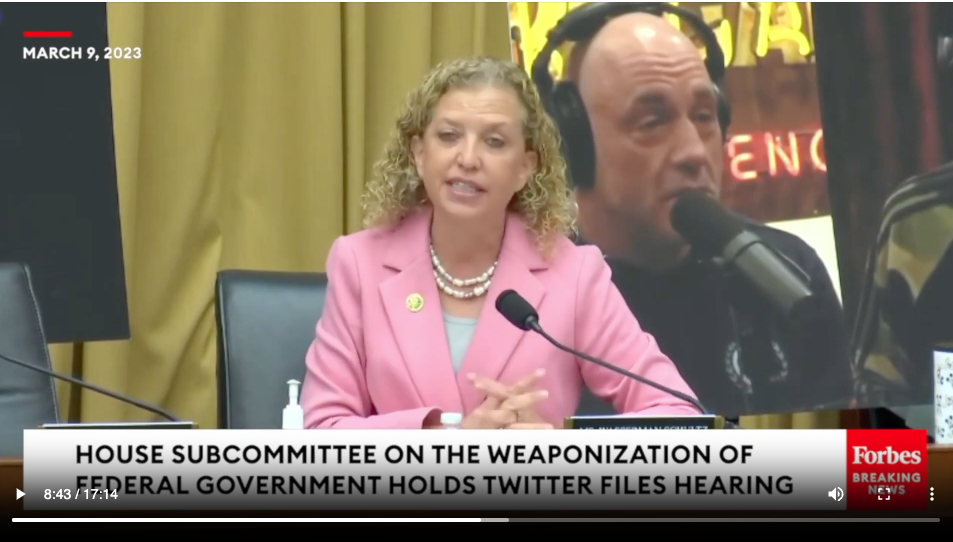Jimi Hendrix Discusses “Race”
From Joe Garza of Free Black Thought, "WHAT WE CAN LEARN FROM JIMI HENDRIX ABOUT RACE: A message of unity from the God of Guitar."
[D]spite the genuine oppression facing black people at the time (compared to today’s “oppression” like microaggressions and implicit bias), Hendrix didn’t have time to view the world through the bifocal lens of Us and Them. He cared about harmony and peace and universal love. These are “Kumbayatic” concepts today, no doubt, but aren’t they better weapons against the forces of bigotry than that of lecturing the largely non-bigoted majority on its perceived “power,” “privilege,” and “fragility?”
Hendrix is deservedly recognized for his godlike guitar prowess and his contributions to rock ’n’ roll, but his insights into race and the motivations behind radical political coalitions should be given extra attention. In 2013, The Guardian published some excerpts from diary entries and interviews, including his thoughts on race, as here:
Race isn’t a problem in my world. I don’t look at things in terms of races. I look at things in terms of people. I’m not thinking about black people or white people. I’m thinking about the obsolete and the new. There’s no color part now, no black and white.This is a pretty daring statement for a prominent black man to make in the 1960s and is in stark contrast to the celebrities of today who use their alabaster soapboxes to scream and spit about the dangers of racism as if Jim Crow laws were still in effect. Hendrix extolled the virtues of colorblindness in a time when almost everyone was still hyper-focused on pigment, and yet the mostly-white class of public figures today have the nerve to bombard audiences with Church Lady diatribes against everything “problematic” while sitting comfortably in their gold-trimmed, diamond-encrusted Beverly Hills enclaves, doing everything they can to save the world by dividing it. Who’s the real hero in this story?
One more quote:
The following quotation is attributed to Hendrix:
When the power of love overcomes the love of power, the world will know peace.




